Best Seasons for Ceiling Fan Installation
Ceiling fan installations are most commonly performed during periods of moderate weather, avoiding extreme temperatures. Optimal timing can depend on regional climate patterns, but generally, spring and early summer are ideal for installation projects due to milder weather conditions. Proper timing ensures safety, ease of installation, and minimal disruption to indoor environments.
Installing ceiling fans during the right season can also impact energy efficiency. Properly timed installations can help optimize airflow and reduce cooling costs, especially in warmer months. Additionally, scheduling during periods of low humidity can facilitate easier work and better adherence to safety protocols.
Spring and early summer offer ideal weather conditions for ceiling fan installation, reducing delays caused by extreme temperatures or weather events.
Installing ceiling fans during warmer months enhances indoor comfort and can lower energy bills by improving air circulation.
Timing installations during periods of mild weather can reduce installation time and improve safety for technicians.
Local climate patterns influence the best timing, with some regions favoring late spring or early fall for optimal conditions.
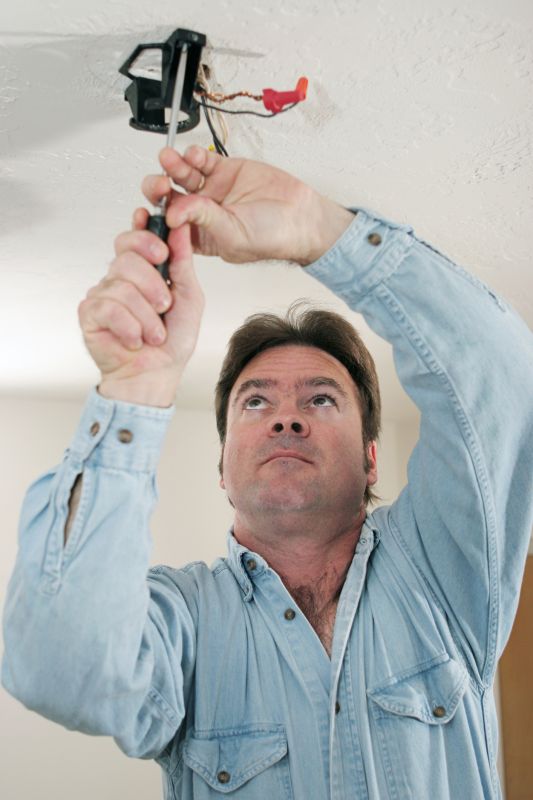
Technicians installing ceiling fans during spring benefit from mild weather, ensuring safety and efficiency.
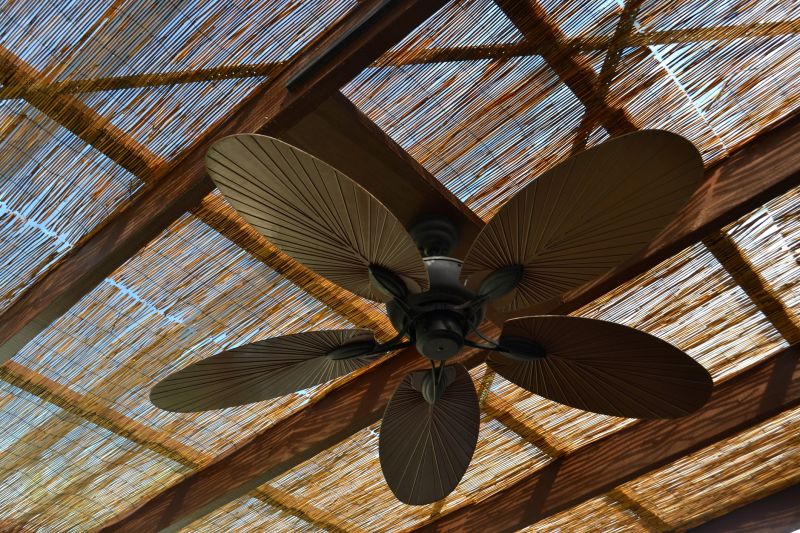
Summer installations help improve cooling and air circulation during hot months.
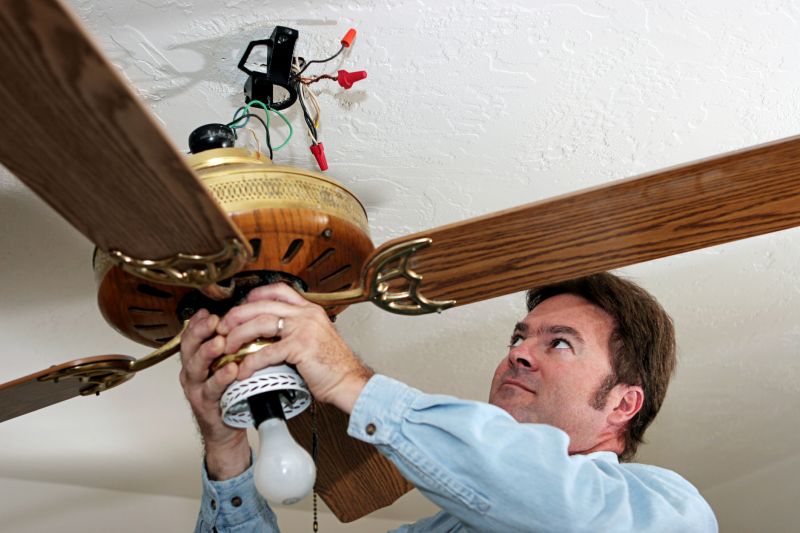
Installing in fall prepares indoor spaces for upcoming colder months by enhancing airflow.
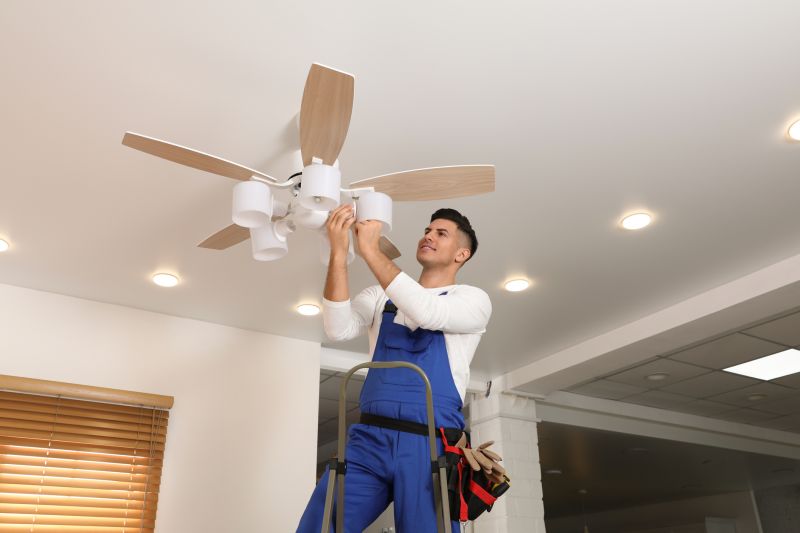
Ways to make Ceiling Fan Installations work in tight or awkward layouts.
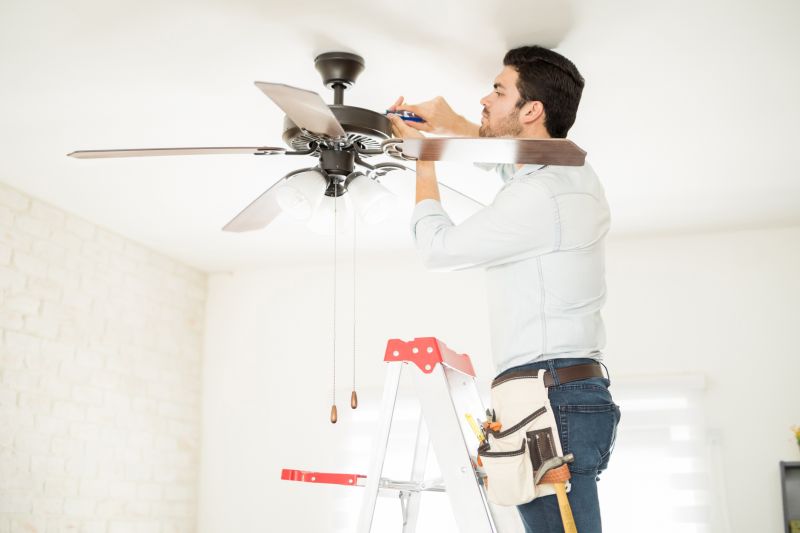
Popular materials for Ceiling Fan Installations and why they hold up over time.
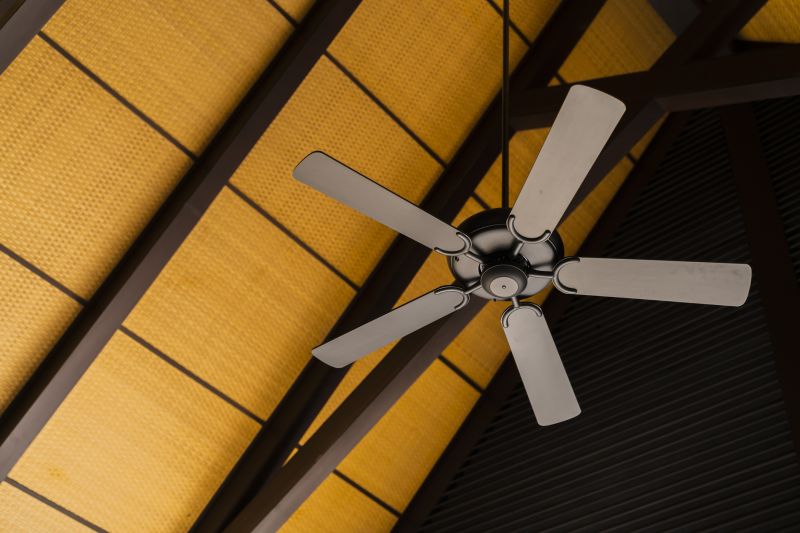
Simple add-ons that improve Ceiling Fan Installations without blowing the budget.
| Season | Advantages |
|---|---|
| Spring | Mild weather, easier installation, better safety conditions. |
| Summer | Enhances cooling, improves air circulation during hot months. |
| Fall | Prepares indoor climate for colder seasons, improves airflow. |
| Early Winter | Possible in mild climates, but weather can be unpredictable. |
| Late Winter | Less ideal due to cold temperatures and potential delays. |
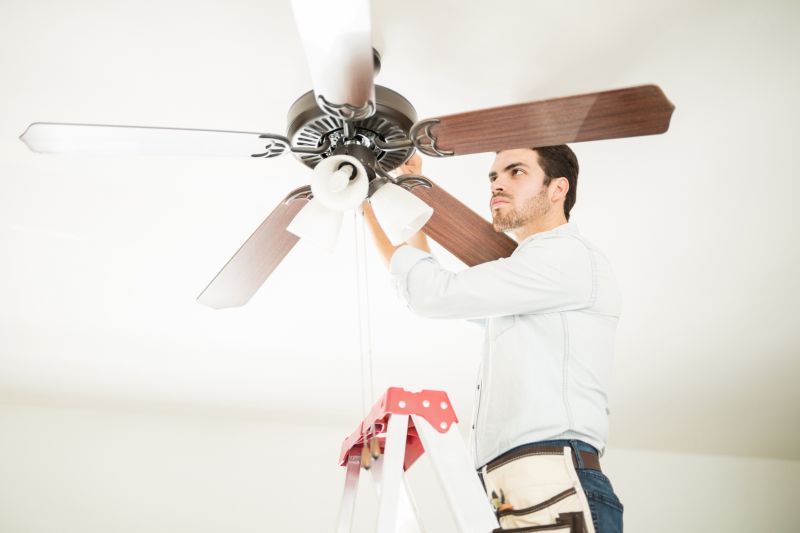
Technicians working on ceiling fan setup in a residential setting.
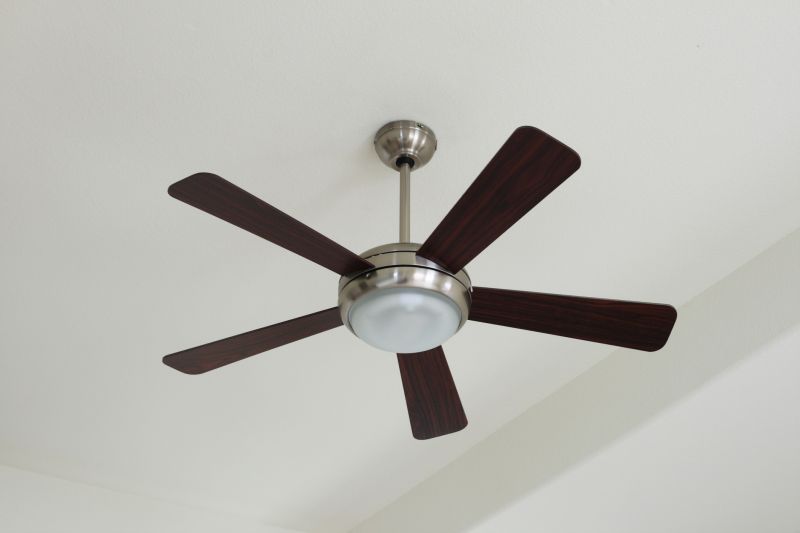
Close-up of ceiling fan being mounted indoors.
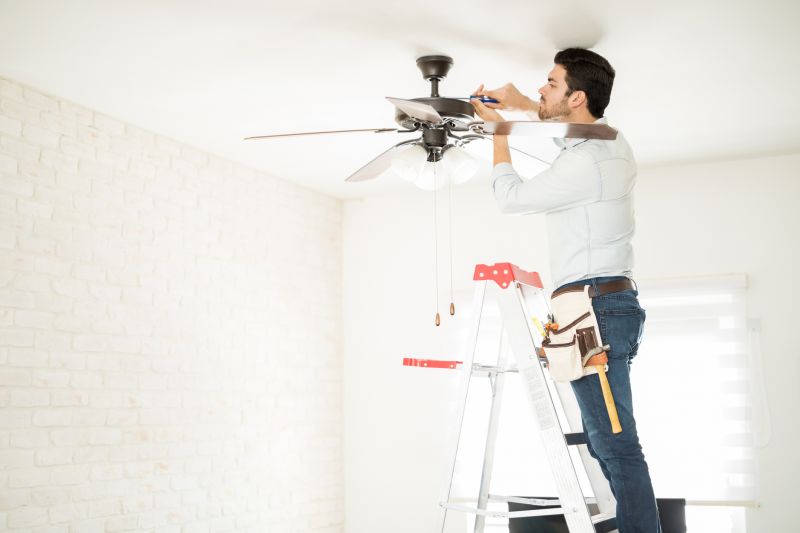
Tools and equipment used for ceiling fan setup.
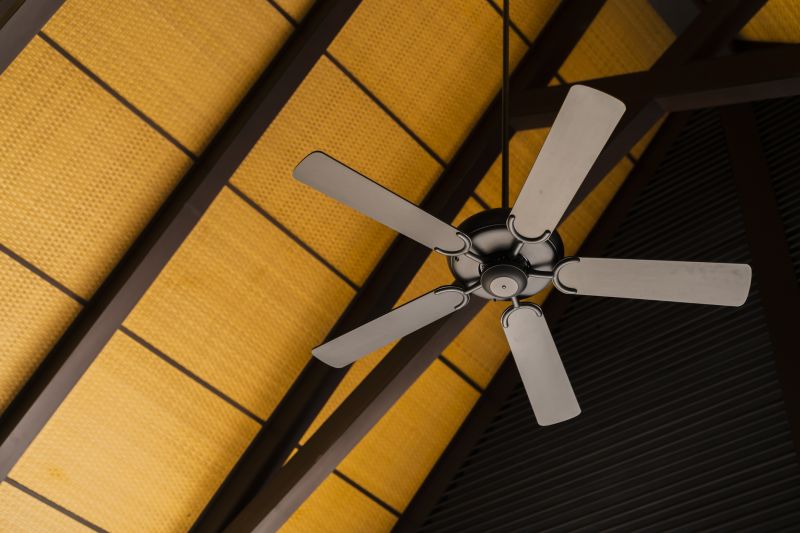
Completed ceiling fan setup in a modern living room.
Choosing the right time for ceiling fan installation can enhance indoor comfort and optimize energy savings. Proper planning around seasonal weather patterns ensures a safer and more efficient process, minimizing delays and potential complications. Consulting with experienced technicians can help determine the most suitable timing based on regional climate and specific project needs.
Interested in scheduling a ceiling fan installation? Filling out the contact form provides an opportunity to discuss timing options and ensure the project aligns with seasonal conditions for optimal results.
